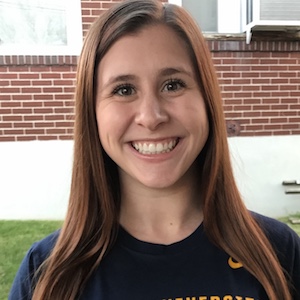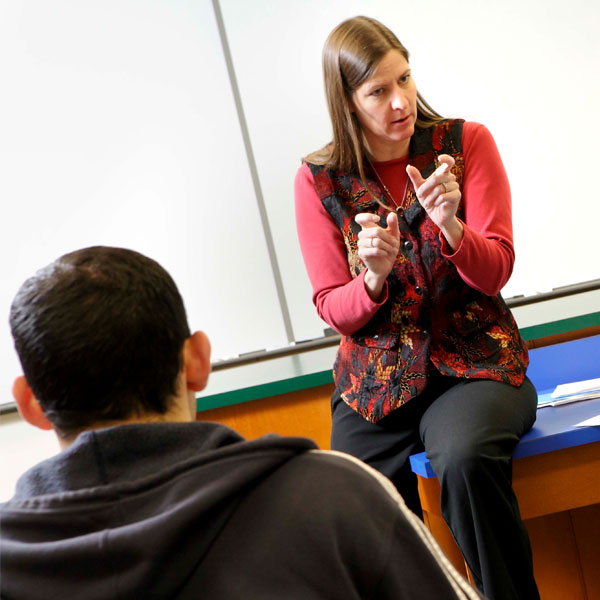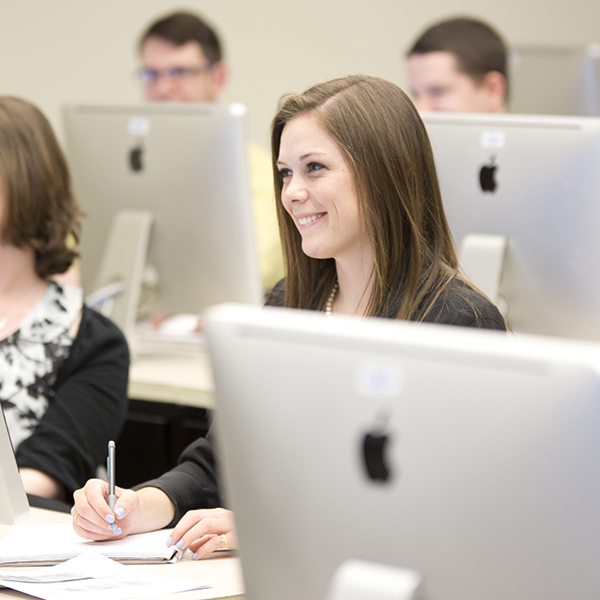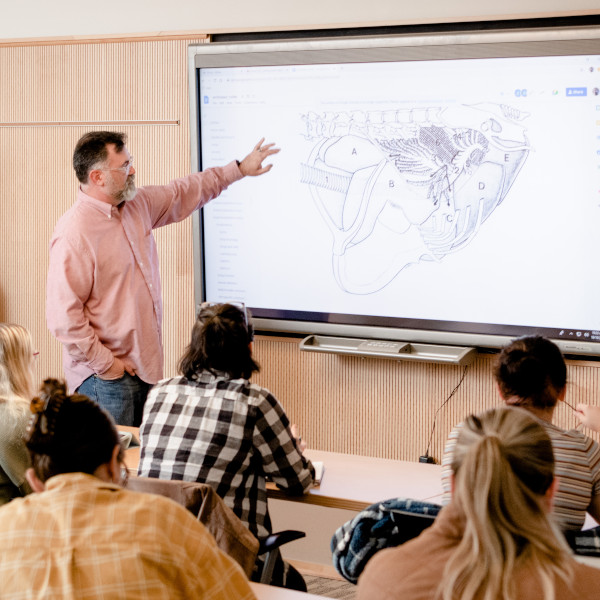If you want to work in a frontier of science, consider a bachelor of science degree in neuroscience. This interdisciplinary major studies the structure and function of the brain and nervous system with hands-on research opportunities.
Program Snapshot
| Program Type | Format | Credit Hours |
|---|---|---|
| Major, Minor | On Campus | 120 (28 for minor) |
Why Study Neuroscience at Wilkes?
Work with expert faculty in state-of-the-art facilities where you’ll put theory into action. As a neuroscience student at Wilkes, you’ll get hands-on experience in research. Immerse yourself in a scientific approach to studying the complex interactions between behavior, cognition and neurological processes. The program specializes in human neuroscience/psychophysiology.
A high-demand degree in neuroscience prepares you for advanced studies in medical school or other health science professions, particularly physical therapy or occupational therapy. Graduate study in neuroscience, psychology or health and life science is also a popular option.
What Will You Learn an a Neuroscience Student?
- You’ll study the biology of behavior in humans and animals, examining the parts of the central nervous system that impact these psychological events.
- Explore fundamental mechanisms of diseases and disorders of the brain and central nervous system.
- Learn how drugs affect cellular function in the nervous system, and the neural mechanisms through which they influence behavior.
- Develop critical thinking skills, solve problems, and engage in scientific inquiry.



